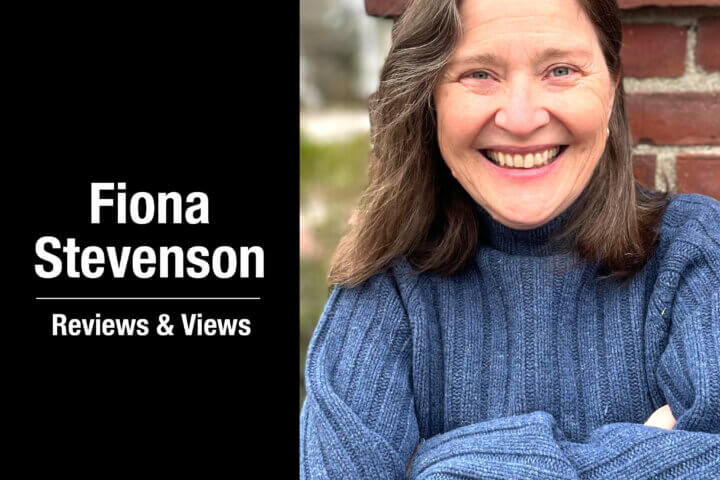By Dennis Fiori
President Emeritus, Massachusetts Historical Society
With dozens of activities planned, Concord is well on its way to commemorating the 250th anniversary of the town’s seminal role in the beginning of the American Revolution. One initiative deserving of much praise is the 250th Permanent Memorial Committee’s effort to plant 250 trees. Nothing could be more vital in our age of climate change. It also fits nicely with the ethos of our community. In a recent survey seeking citizen input for a revised preservation plan, “charming,” “quaint,” “unpretentious,” “bucolic,” and “traditional” were used to describe the aspects of Concord that are important and should be preserved.
Unfortunately, the other effort of the PMC, a rather slick, modernist memorial, is the opposite. Taut upright glass pillars sit adjacent precise pavement, surrounded by a pristine lawn edged by a taut slab of granite. A construction more at home in trendy East Cambridge. It is also surprising in another way. The memorial will recognize forgotten Concord citizens who have contributed to our community, mainly those of color. This is an admirable goal, but the plan is to build this memorial on the far side of an area bisected by a parking lot exit and distant from the memorials on the Milldam that mainly honor white men. Is this segregation the message we want to send? The Milldam memorial area contains a number, but there is certainly space for a memorial to the underrepresented.
With the 250 trees as a beginning, why not make the precious parcel of green space, set aside for the 250th memorial, climate fighting as well? This site already contains a plaque recognizing Thoreau’s civil disobedience and his night in the jail that stood on the site. The PMC wants to rid the area of invasive flora and plant trees. Why not reduce the lawn by planting native pollinators familiar to Thoreau and elevate the memorial to commemorate another act of defiance?
Appropriate recognition for underrepresented citizens and saving the planet should be Concord’s way of launching our country into the next quarter century. This is our ethos.
The author is the former director of the Concord Museum and a former member of the Massachusetts Historical Commission.



